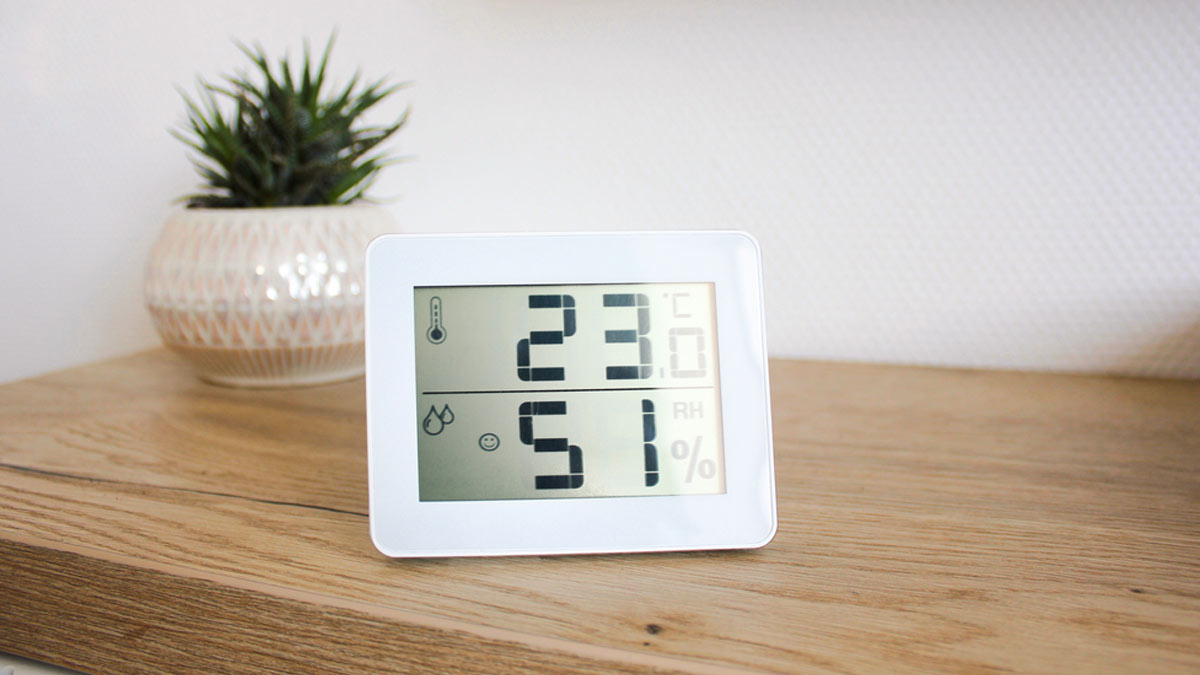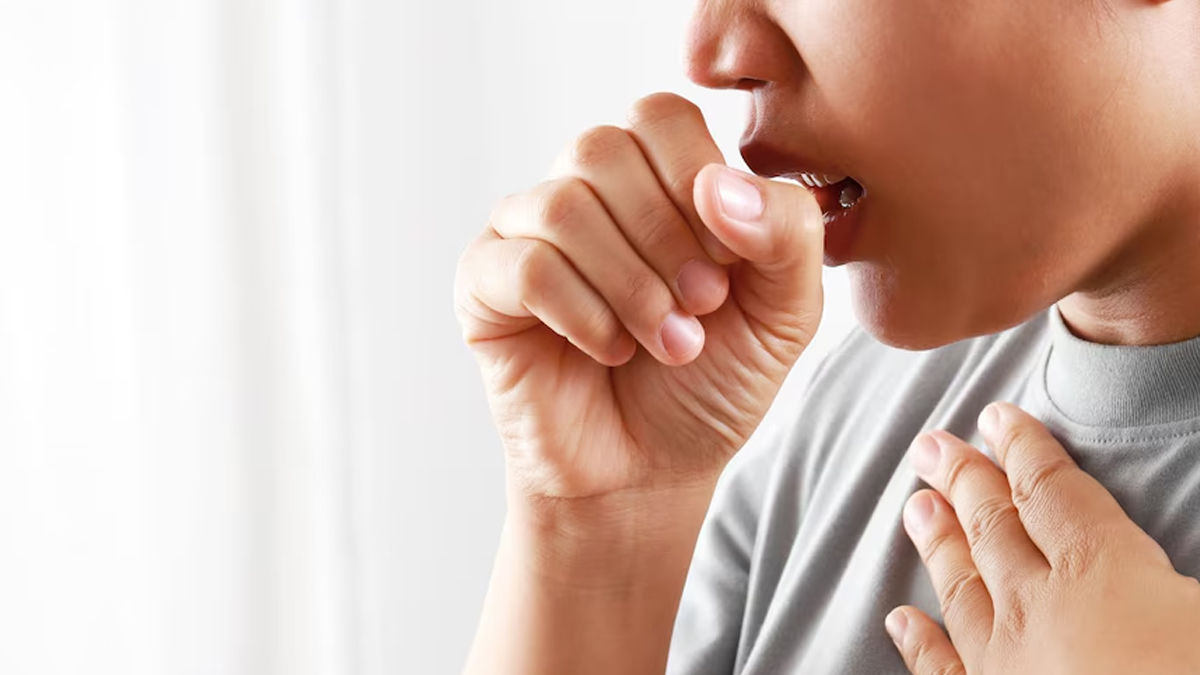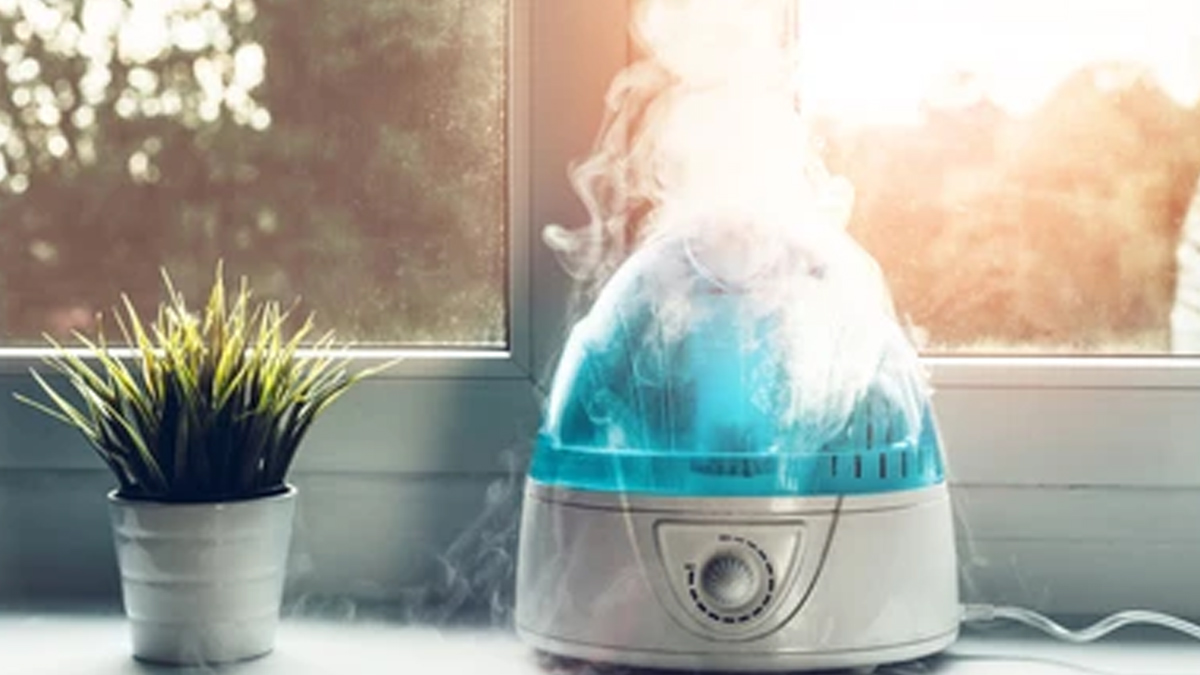
The scorching heat wave has finally taken a breather, with cloudy skies and heavy rainfall taking over many parts of India. This has brought much-needed relief to people who were battling the extreme temperatures. However, humidity has become another challenge, making people feel muggy and uncomfortable not just outside but also inside the home. What's worse is that high indoor humidity can also impact health and lead to various issues.
Table of Content:-
Also Read: Mould Prevention During Monsoon: Steps To Take And What It Means For Your Health
Dehydration

Most people experience excessive sweating due to high humidity levels. Humidity levels are considered high when they exceed 60%. In fact, the Environmental Protection Agency (EPA) recommends indoor relative humidity that falls between 30% and 50%.
Sweating due to high humidity can cause dehydration. Dehydration refers to the condition that occurs when you use or lose more fluid than you take in. Moreover, when you sweat in humid conditions, your body finds it more difficult to cool down, resulting in more sweating and loss of water. Some of the common symptoms include headaches, dizziness, fatigue, diarrhoea, vomiting, and more.
Mould Growth And Health Impact
In an interaction with the OnlyMyHealth team, Dr Arun Chowdary Kotaru, Consultant - Respiratory, Pulmonology, and Sleep Medicine, Artemis Hospital, explains how the monsoon leads to excessive moisture and high humidity levels, which create an ideal environment for mould growth. Exposure to these fungal growths can cause various health issues, such as allergic reactions, respiratory symptoms like coughing, sneezing, and congestion, and more severe complications like pulmonary bleeding and fibrosis.
Respiratory Issues

High humidity levels can often leave you feeling unwell. Many people complain of waking up with a sore throat or a runny nose, which could indicate a respiratory problem. According to Medical News Today, high indoor humidity levels can also cause Chronic Obstructive Pulmonary Disease (COPD) symptoms to worsen. This includes breathing difficulty, coughing, wheezing, and more.
Skin Problems
During extreme temperatures and high humidity levels, your skin can experience a heat rash, characterised by small, raised spots that are itchy and come with mild swelling. The condition usually occurs when your sweat glands get clogged.
Poor Sleep Quality
According to the Sleep Foundation, high humidity levels can impact sleep. It can increase wakefulness and reduce the amount of time you spend in both slow-wave Rapid Eye Movement (REM) and Non-Rapid Eye Movement (NREM) sleep, two primary stages of the sleep cycle.
Additionally, humidity can also cause certain health problems like bronchitis, respiratory infections, and other breathing problems that can cause sleep disruptions, the health body notes.
Also Read: Tips To Improve Sleep During Hot Weather
How To Tackle It?

Here’s how you can reduce the risk of health problems associated with high humidity levels at home:
- Use a dehumidifier, which can help maintain optimal indoor humidity levels by removing excess moisture from the air.
- Ensure good ventilation (airflow) by using exhaust fans in kitchens and bathrooms, opening windows, and using ceiling fans to circulate air.
- Use air conditioners, as they not only cool the air but also reduce humidity levels.
- Repair any leaks in plumbing or roofing and seal windows and doors to prevent moisture from entering your home; this helps prevent mould growth.
Conclusion
High humidity levels can impact your health in several ways. It can cause respiratory issues, lead to mould formation, and disrupt sleep. Moreover, they can cause dehydration and skin problems. The key is to monitor humidity levels and maintain an ideal temperature. Ensure proper ventilation, and turn on air conditioning if you have one. You can also invest in a dehumidifier that can help maintain indoor air humidity and remove excess moisture.
Also watch this video
How we keep this article up to date:
We work with experts and keep a close eye on the latest in health and wellness. Whenever there is a new research or helpful information, we update our articles with accurate and useful advice.
Current Version